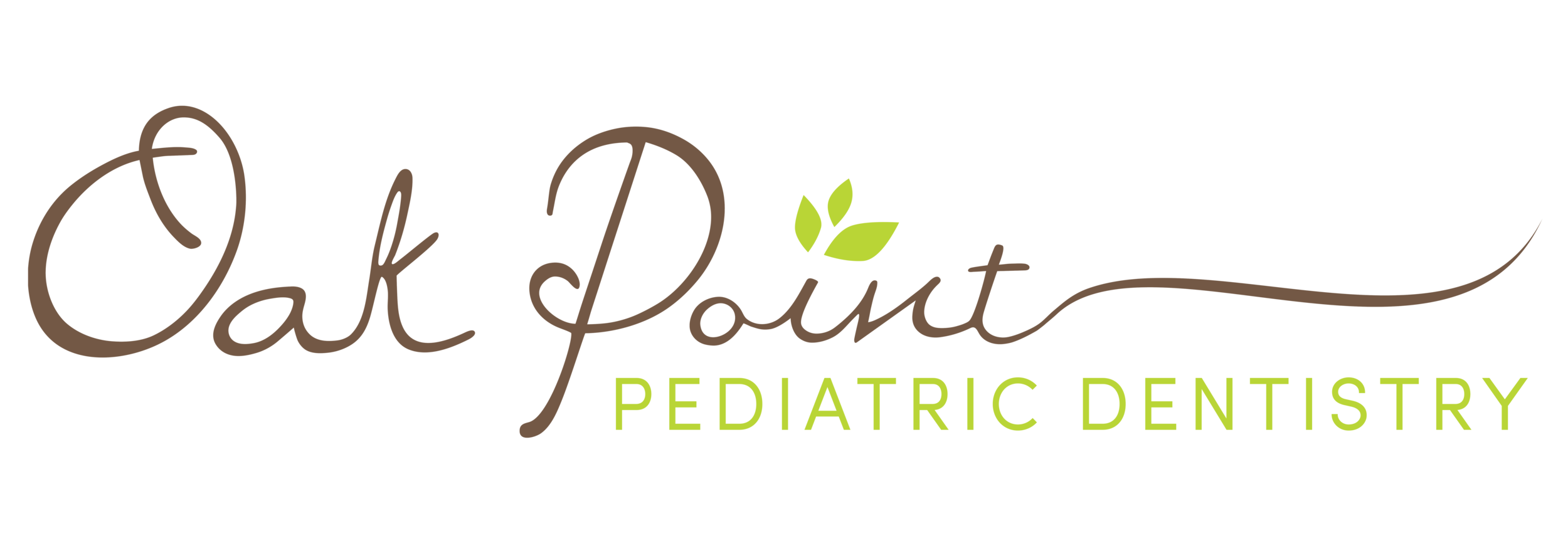early infant oral care
Your child's first visit
You can make the first visit to the dentist enjoyable and positive. If they're old enough, let your child know about the visit, about how Dr. Nichols and her staff will explain all procedures and answer any questions. The simpler you keep it, the better.
It's best if you avoid using words around your child that might cause unnecessary fear, such as needle, shot, drill or hurt. Our office will use words that convey the same message but are pleasant and non-frightening to the child.
When will my baby start getting teeth?
Teething, the process of baby (primary) teeth coming through the gums into the mouth, varies from baby to baby. Some get their teeth early and some get them late, but generally, the first teeth appear at age 6 to 8 months, usually the lower front (anterior) teeth.
Baby bottle tooth decay
A serious form of decay among young children is baby bottle tooth decay, caused when an infant's teeth undergo frequent and long exposures to liquids that contain sugar. These liquids include milk (including breast milk), formula, fruit juice and other sweetened drinks.
Putting a baby to bed for a nap or at night with a bottle containing anything other than water can cause serious and rapid tooth decay. Sweet liquid pools around the child's teeth, causing plaque bacteria to produce acids that attack tooth enamel. If you give your baby a bottle as a comforter at bedtime, make sure it contains only water. If your child has trouble falling asleep without the bottle and its usual beverage, gradually dilute the bottle's contents with water over a period of two to three weeks.
After each feeding, wipe your baby's gums and teeth with a damp washcloth or gauze pad to remove plaque. The easiest way to do this is to sit down, place the child's head in your lap, or lay them on a dressing table or the floor. Whatever position you use, be sure you can easily see into your child's mouth.
